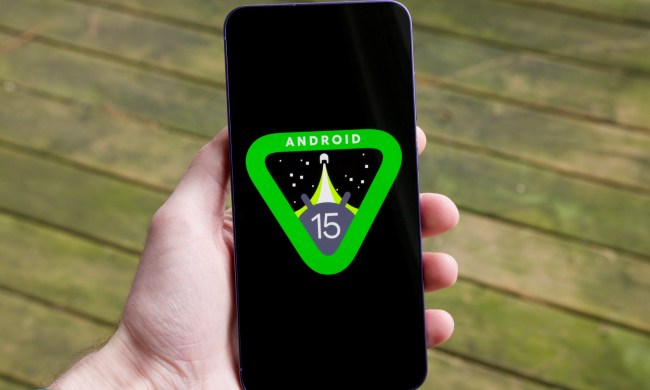
Using software from startup Alphonso, each of the Android games requests user permission for access to the device’s microphone, which is then used to monitor for various TV programs — sometimes even while the game isn’t actively being played. That data is returned to Alphonso, who sells the data to TV advertising companies, who in turn use it to further refine their marketing.
Alphonso claims in its privacy section that users are always asked before any data gathering takes place, and most of the apps that contain Alphonso software also include a disclaimer in their product descriptions explaining the reasons for the permissions and allowing the users the chance to opt-out. However, there is an argument the implementation of the disclaimer is not clear enough, and past FTC rulings on paid promotions in YouTube videos have made it clear promotions must be as obvious as possible, and disclaimers hidden “below-the-fold” (below the “read more” or “see more” section of a description) are not sufficient to ensure all consumers are aware of them. In this case, most of the apps with this software keep the information below-the-fold of their description, not meeting the FTC’s guidelines.
Concerns over privacy with smart devices are nothing new. In May 2017 it was revealed that software called “SilverPush” had been installed on millions of smart devices, and used users microphones without their permission, effectively spying on them. Apple recently claimed that it could gather data from their users without raising privacy concerns, and Facebook in particular is under constant suspicion of spying on users in order to increase the data it holds on them.
In Alphonso’s defense, permissions on Android devices can be toggled on and off on a singular basis since Android 6.0 Marshmallow — however, it’s probably safe to assume that many of the games users are children who may be enabling the permissions without fully understanding what they’re enabling, and more could be done to protect minors from this sort of surveillance.
